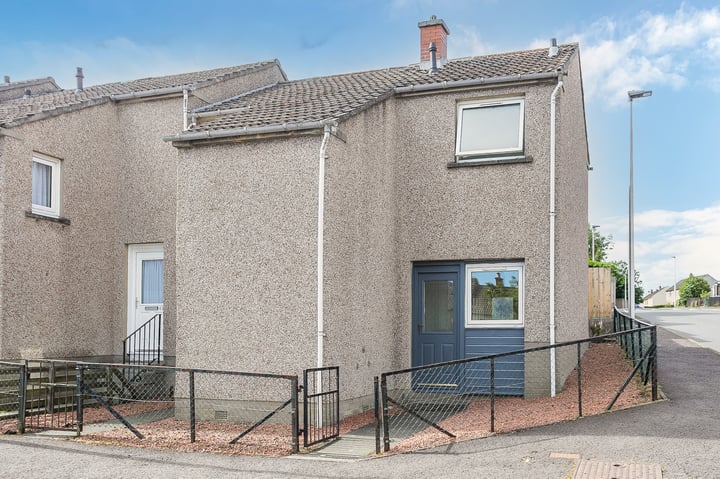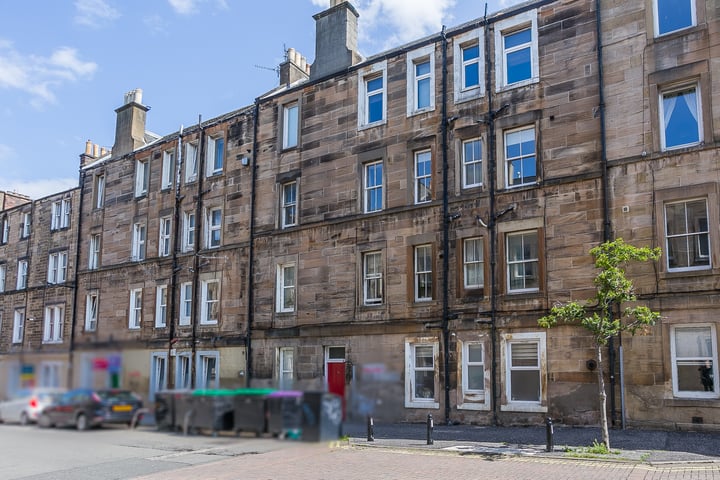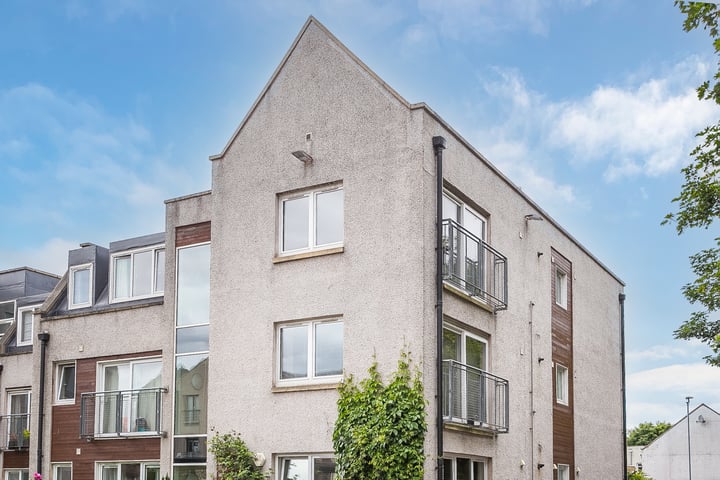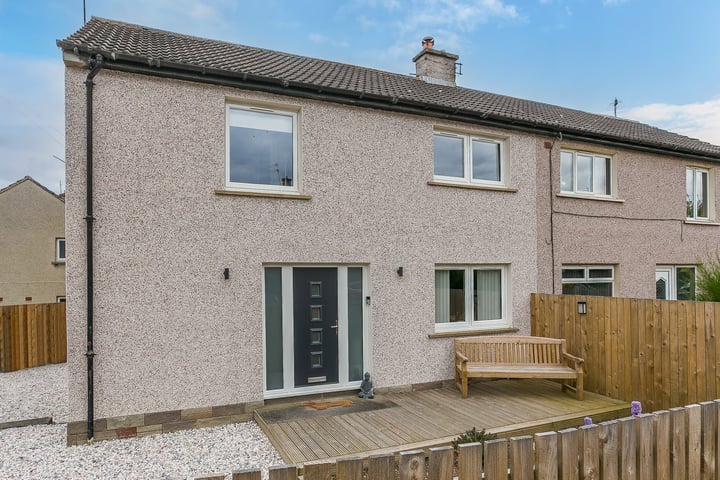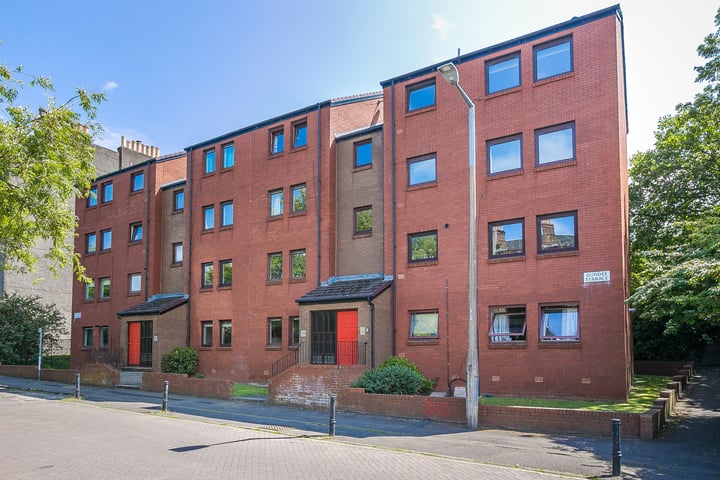
Property Buying Guide
Whether you’re a first time buyer, someone who has never bought a property in Scotland before or an experienced buyer who wants a refresher on the buying process, have a read through our Buying Guide – it could save you a small fortune!
Property Buying Guide
How to find properties
Solicitors’ Property Centres
With property traditionally being sold by solicitor/estate agents, there are a number of Solicitors’ Property Centres (SPCs) in Scotland. They have their own websites, some also have their own paper-based marketing channels, and some have shop premises where you can go and browse the properties that they market. The most well-known are the ESPC and ASPC, in Edinburgh and Aberdeen respectively. In these geographic areas, nearly all estate agents are solicitor firms so you’ll find the vast majority of properties that are for sale in these areas on the ESPC or ASPC websites or in weekly newspapers. Only solicitor/estate agents can advertise properties via this channel so for non-solicitor/estate agents’ properties you’ll need to look elsewhere.
Property Portals
‘Property portals’ are property advertising websites where solicitor/estate agents and estate agents advertise their clients’ properties. The websites of the Solicitors’ Property Centres are property portals too. You can arrange viewings, browse photos and sometimes get further information about the area and local amenities. Any estate agent can advertise properties on these websites, whether they are solicitors or not. Many solicitor/estate agents don’t advertise on the national property portal websites such as Rightmove and Zoopla, but you’ll find nearly all non-solicitor/estate agent properties on these websites.
Newspapers
Local and national newspapers often have property pages or property supplements. They are of course open to solicitor and non-solicitor estate agents as well as directly to the public. However, with the expansion of much more cost-effective web-based portals, a limited number of properties now appear in newspapers.
‘For Sale’ Boards
You can of course just walk around the area that you are interested in, look for ‘For Sale’ boards, and call the estate agents’ phone numbers on the boards. However some people don’t want to have a ‘For Sale’ board on their property, so you won’t find everything this way.
If you want to be sure of finding all of the properties that are on the market, we’d recommend that you look in all of the above places.
Some estate agents, like MOV8 Real Estate, allow you to sign-up for email alerts about properties that match what you are looking for, as and when they come on the market.
How will I know if the asking price is reasonable?
The major property portals all have sections that allow you to browse what other properties in the area sold for. However, they don’t tend to give a huge amount of detail about the specifics of the property. Solicitor firms have access to a number of resources that give them much more detailed information about what other properties in the area have sold for, allowing them to advise you about what the property is ‘worth’ and to help get you the best price.
You’ll also be able to use the Home Report as a guide to whether the asking price is reasonable. The Home Report contains a survey by a chartered surveyor. This is similar to the valuation survey that you or your lender would obtain if you are getting a mortgage, prior to you making your purchase. It’s only one surveyor’s view of what the property is worth and your surveyor might value the property higher or lower than the Home Report, but it’s a useful starting point.
What is the difference between ‘Fixed Price’, ‘Offers Around’ and ‘Offers Over’?
These are a marketing tactic and will vary depending on the seller’s intentions. Regardless of the ‘prefix’, you have to be aware that a seller doesn’t have to sell their property to you. So even if you bid the full asking price, or more, there is no guarantee that you will be successful.
‘Fixed Price’ suggests that a seller will be content with an offer for the full asking price, as long as they like the other conditions of the offer.
‘Offers Around’ or ‘Offers in the Region of’ suggests that the seller is open to negotiating and that something a little bit below or a little bit above the asking price is likely to be enough.
‘Offers Over’ is much harder to determine: the seller could be looking for 2%, 5% or 25% above the asking price. ‘Offers Over’ tends to indicate that the seller is hoping to get multiple parties interested in the property so that they can set a ‘Closing Date’ where the multiple potential buyers bid against each other. This only tends to work in a very buoyant property market or for the most desirable types of properties during a buyers market.
